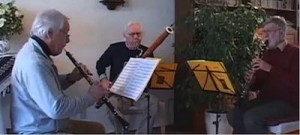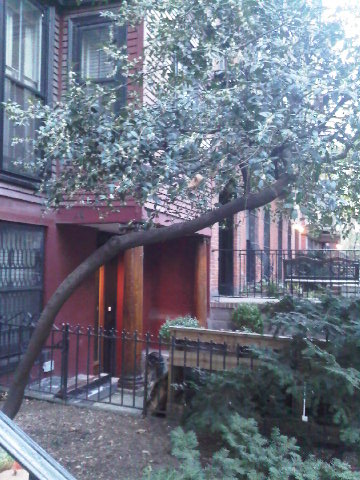General Introduction to the theory and the goals and work of HolisPsych.com
As a tribute to the world of classical music in which I and others were challenged to identify and come to terms with my own boundaries and personal limitations as a performing artist – this contribution to the publication of my Holistic Psychological Theory, which has been born as a product of these challenges. It is a Bach-Aria from Bach’s Allemande BWV 1013, played by my ex-colleagues of what was then called the Amsterdam Philharmonic Orchestra and later became the Netherland Philharmonic Orchestra:

The Waterland Trio with
Wim Knip – oboe
Emiel Kleymeer – clarinet
Tom Beukman – bassoon
What is about to reveal itself to you is a theory about human behavior. The emphasis here lies on the description of how the development of a person into a healthy fully functioning man or woman can be hindered and result in deviations in the psycho-emotional system that on its turn also can result in abnormal performance of the physical body.
Developmental procedures as a result of a healthy upbringing aren’t so much addressed here. Therefor the work is not entitled to call itself a Psychology*. To call this work a Holistic Psychological Case Study would be on the safe side as it is much more than that. This theory wants to be seen as a ‘Holistic Psychological Theory of Self and Motivation’ with the subtitle: ‘a Proof of the Importance of a (Natural- or Restored-) Sense of Self.’
The idea’s and conclusions described in this work are original and profoundly sincere. I hope to help people solve life issues that are similar to, perhaps even identical to, what is commonly called issues of ‘codependency.’
By questioning my own behavior I learned that a lot of my behavior was mainly subconsciously motivated. Practicing introspection over many years has been the method that enabled me to make this subconscious motivation more conscious which then led to the recognition of certain patterns in my behavior.
Later, I learned that many aspects of the pathology I encountered during my own recovery towards a healthy Self (I didn’t call it a Restored the Sense of Self back than) were related to these subconscious motivational issues. These findings and conclusions based on them have turned this work predominantly into a Theory about ‘abnormal’ Motivation and its causes and consequences.
Allow me to express on this place my hope and strongest wish that the statements of this ‘Holistic Psychological Theory of Self and Motivation’ will ultimately not only be scientifically tested, but also connected to and grounded in relevant other psychological work. I sincerely and wholeheartedly invite those people who are at the appropriate place to do so, to begin doing such testing, grounding, and connecting.
I continuously invite the reader to imagine the brain as if the neurons were similar to the branches of a tree merely as a visual aid in understanding the process of growth and specifically the impact continuous influences have on that growth, be it positive or negative. For more detail on this please read: the Tree Metaphor explained.
*) Thank you Elisabeth Vanderweil for your early review and comments.
Bach Aria – with thanks to Wim Knip and the Waterland Trio





